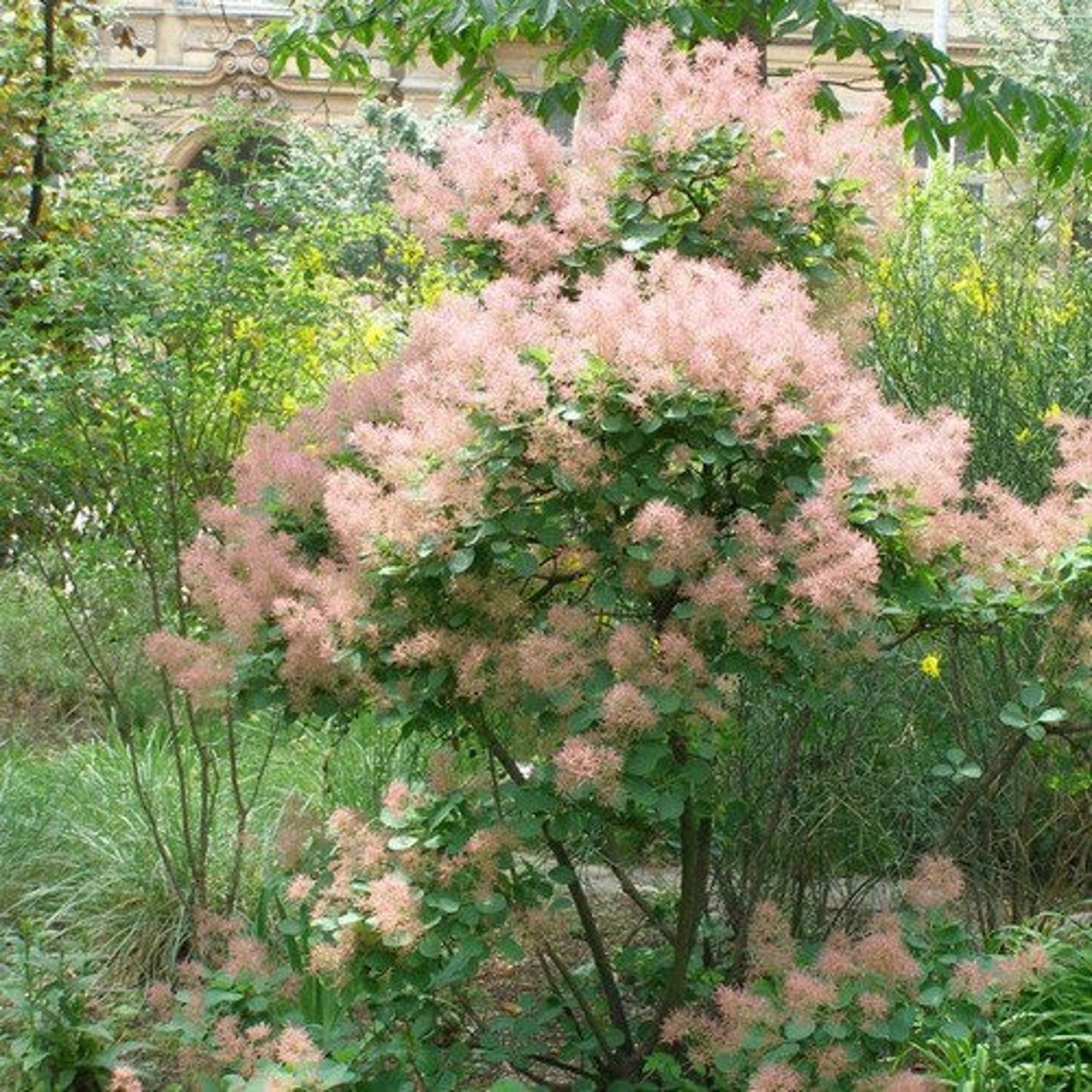
That afternoon, drunk, AWOL, flush with Vietnamese piasters on the smelly street - odor after odor and the hiss of frying gunk - James stopped at a shop and bought himself some imitation Levi's denims and a red Here's James Houston at the start of his second tour in Vietnam, after pawning his revolver in Saigon: Johnson, as always, catalogs the surface of things. Their mother is a flaky fundamentalist Christian from central casting, and their little brother sniffs glue. They are the lowlife, Johnson's "angels," directionless white trash from the deserts of Arizona. Houston and his brother James consume many pages in Tree of Smoke but remain essentially minor characters. Is Johnson equating the death of President Kennedy with the death of a Filipino monkey? Do both signify a "fall" in Johnson's religious schema? I have no idea. Monkeys, usually dead or suffering, show up a lot in Tree of Smoke. After hearing news of the murder, he shoots and kills a monkey in the jungle with a borrowed.

Learning of Kennedy's assassination is Seaman Apprentice William Houston Jr., alternately drunk and hung over in the Philippines. Johnson is positioning us on the other side of the globe, in Southeast Asia, where things are heating up and the "real" 1960s are about to begin.

President Kennedy had been killed." Every reader of a certain age knows JFK was murdered in Dallas at 12:30 p.m. The tone of portentousness begins with the first line of Tree of Smoke: "Last night at 3:00 a.m. His best-known work, Jesus' Son, takes its title from Lou Reed's Heroin, and that tells you everything you need to know. In particular, he romances the prodigious alcohol and drug consumption habits of his characters. From his first novel, Angels (1983), Johnson has indulged a taste for literary lowlife.


 0 kommentar(er)
0 kommentar(er)
